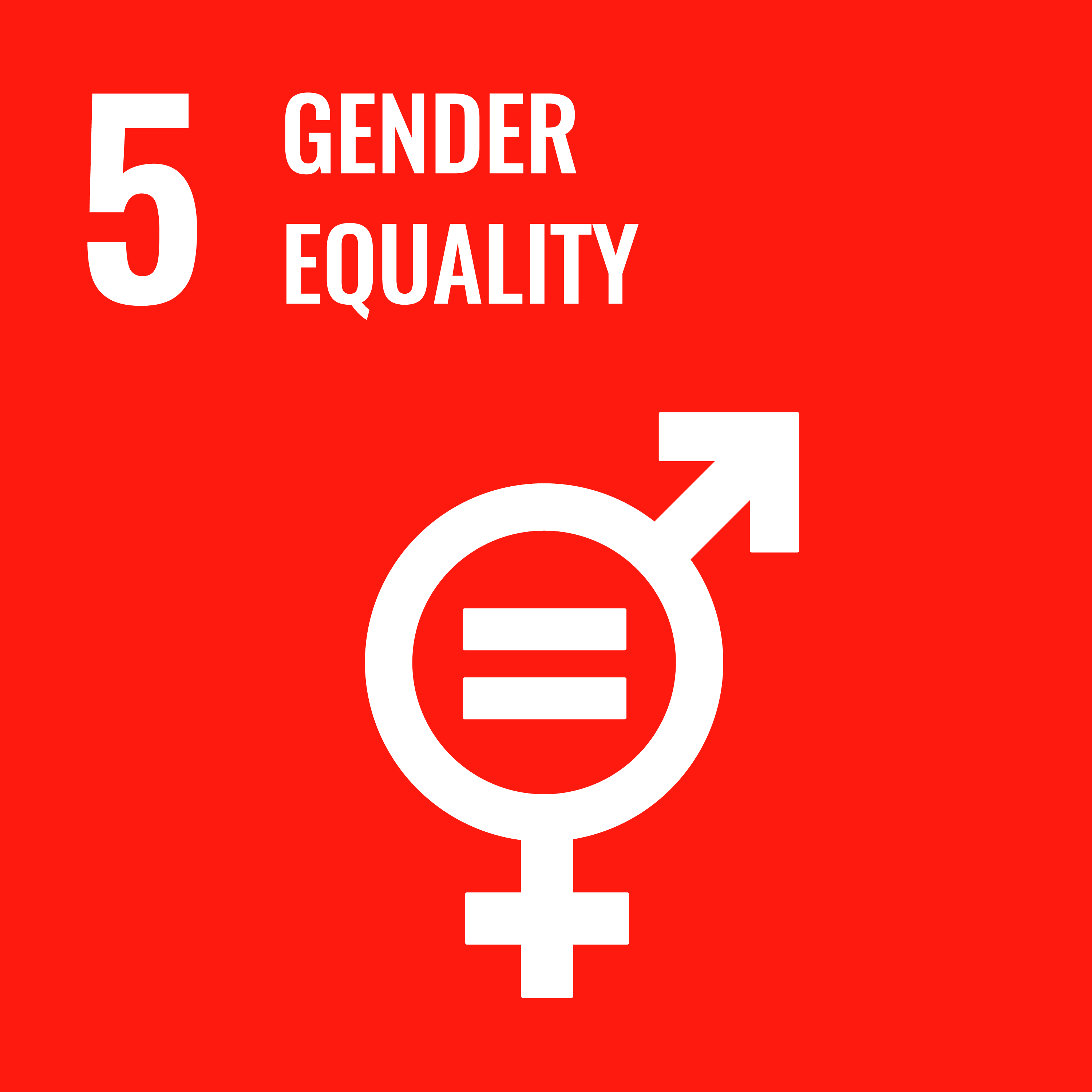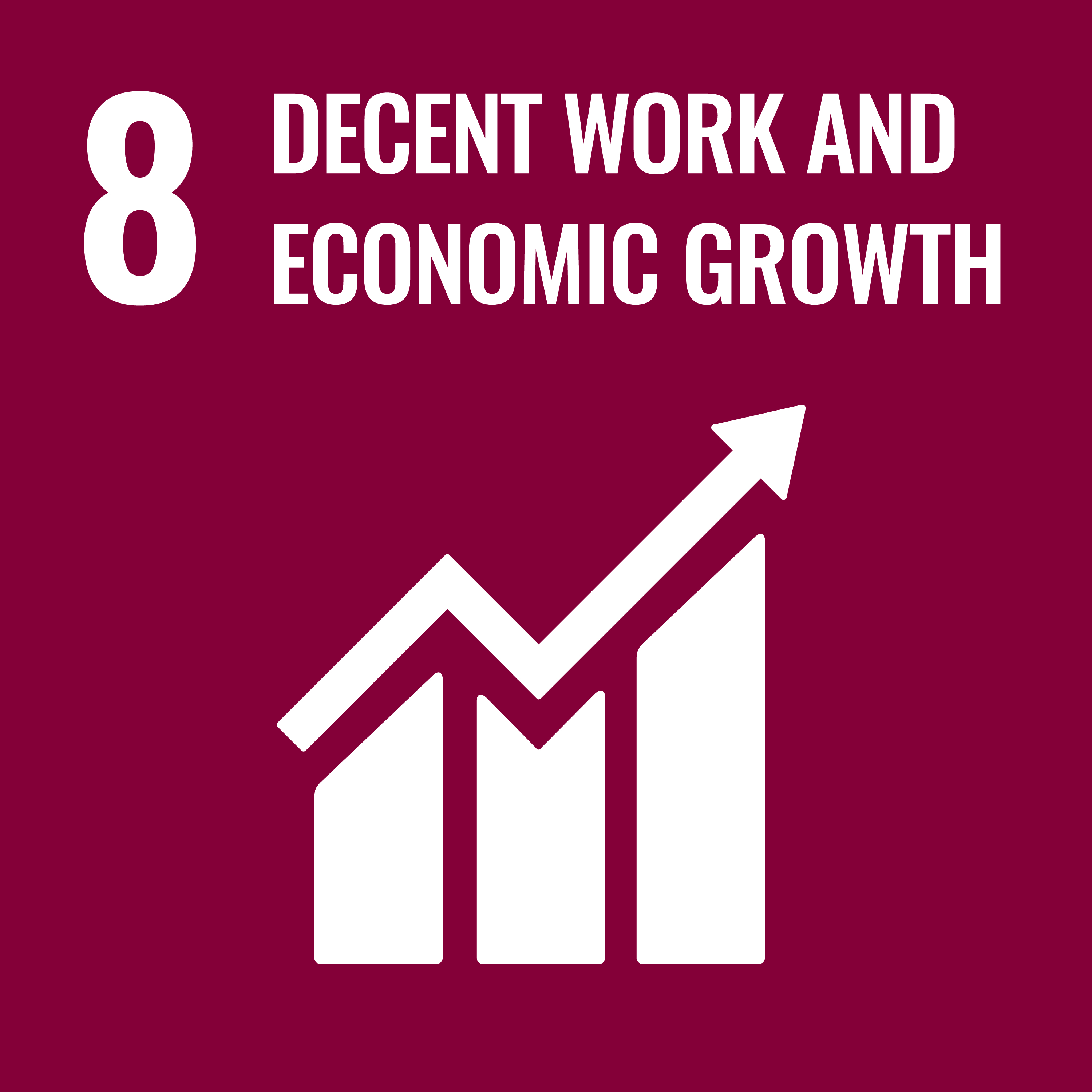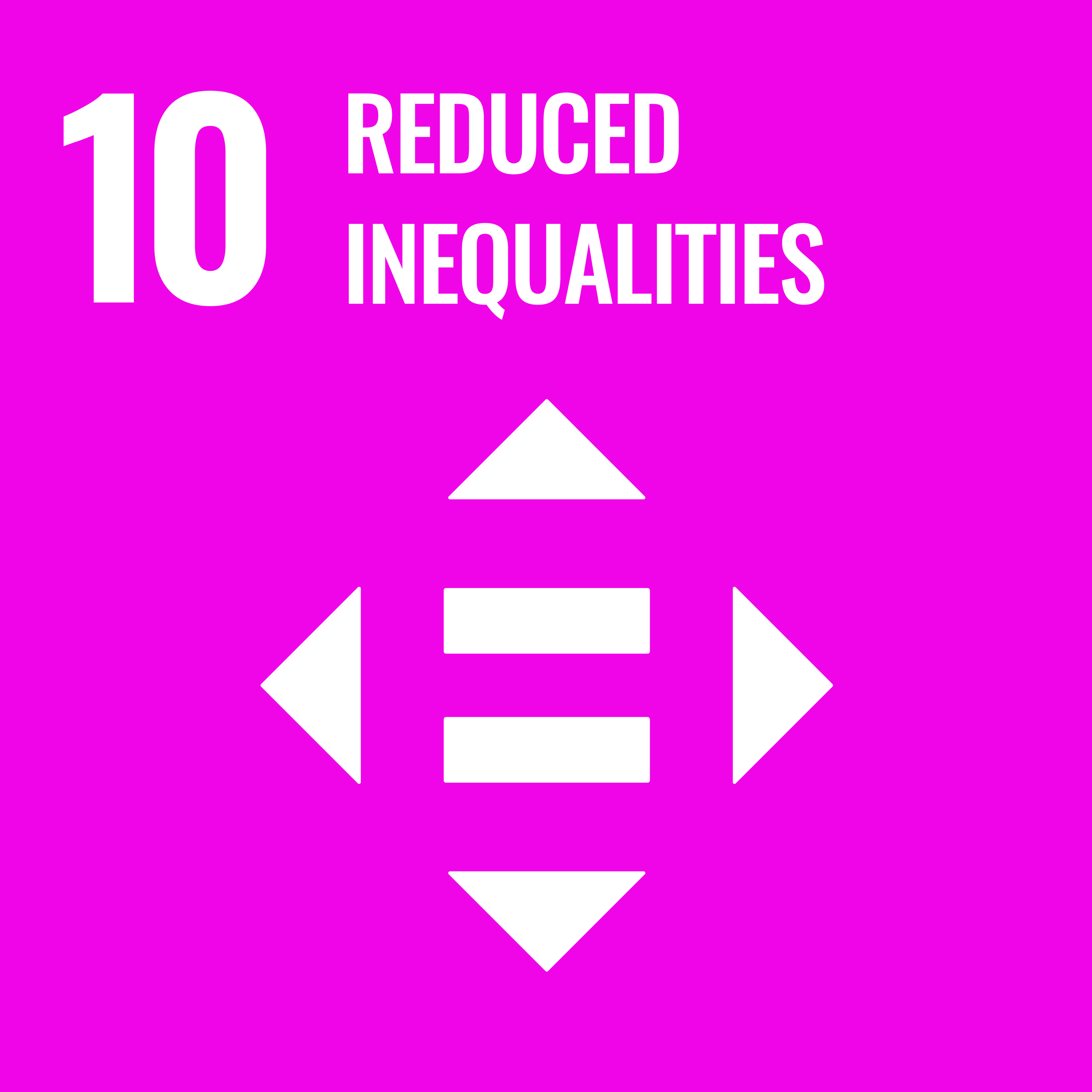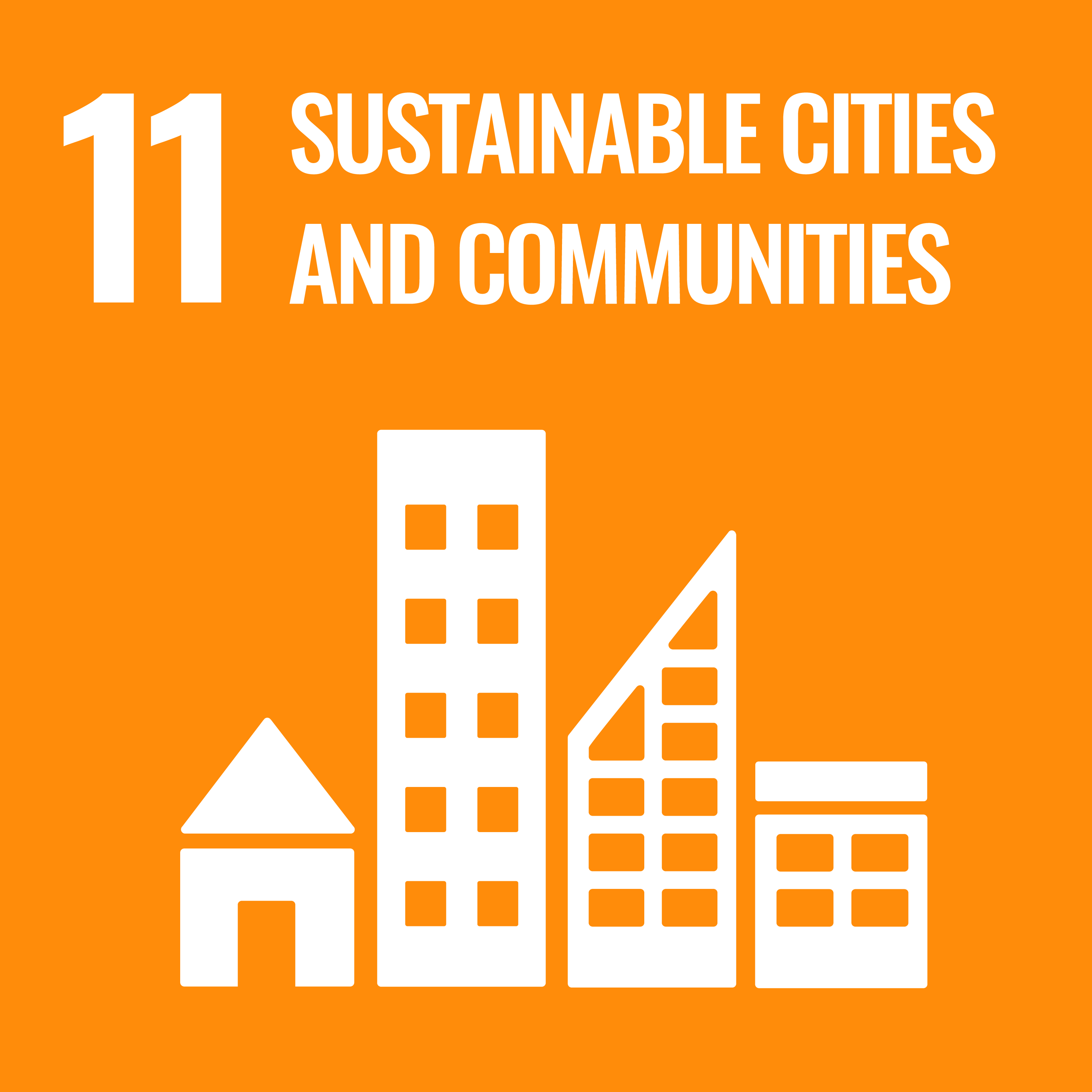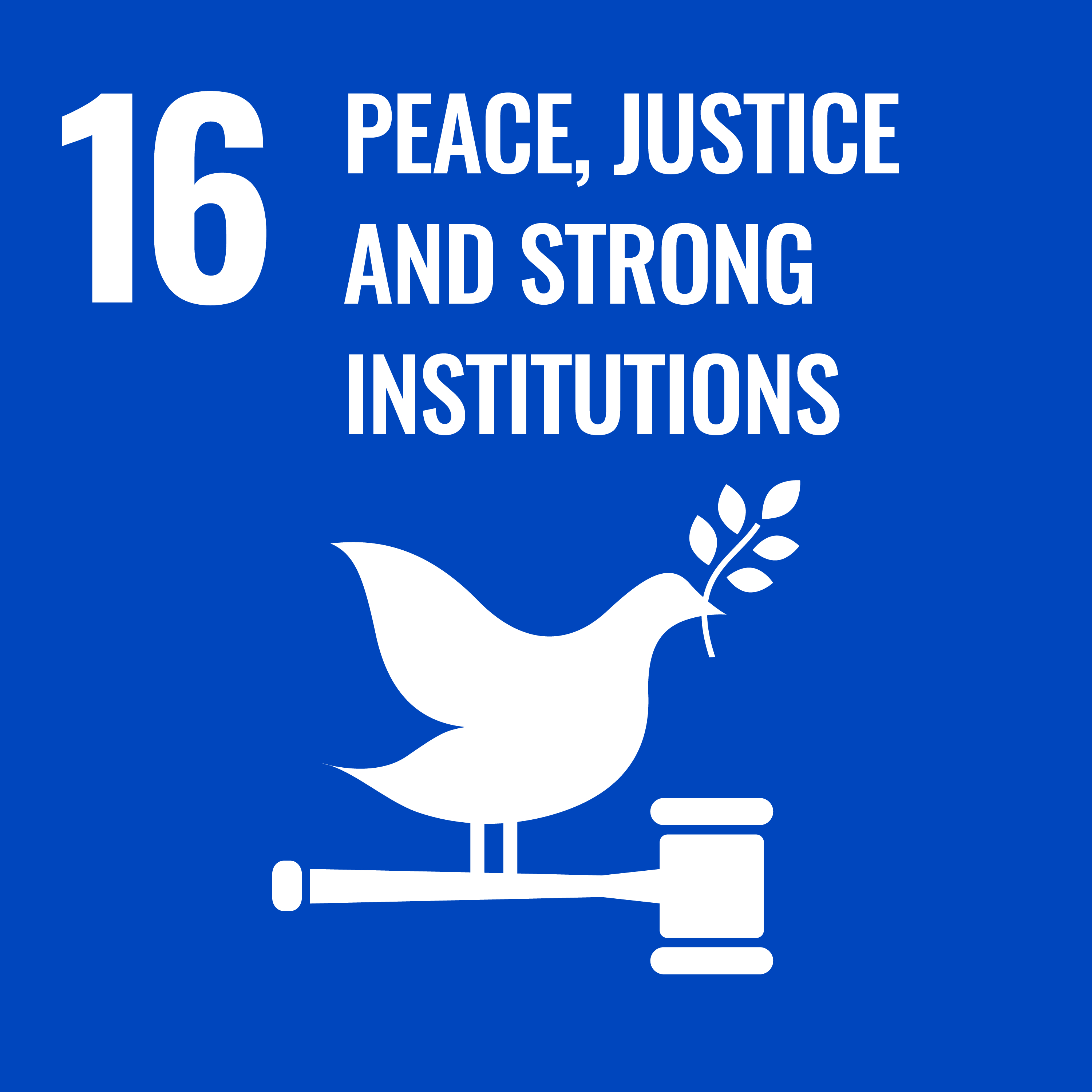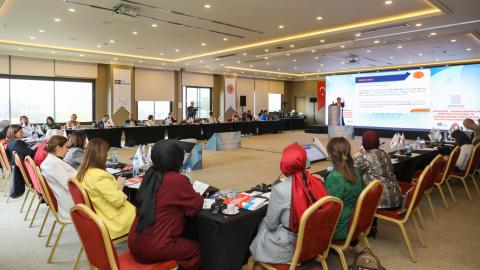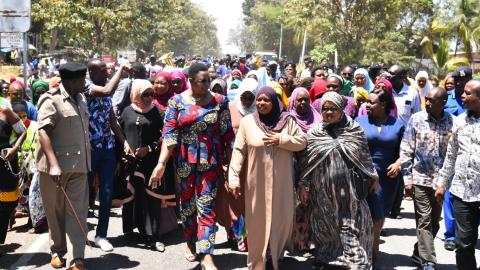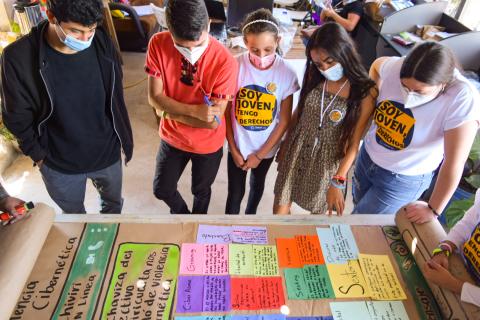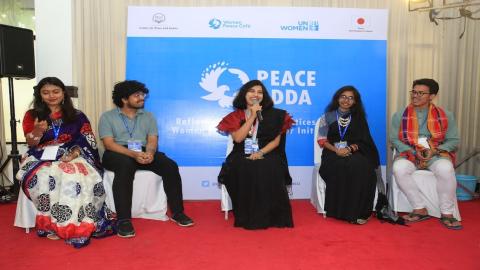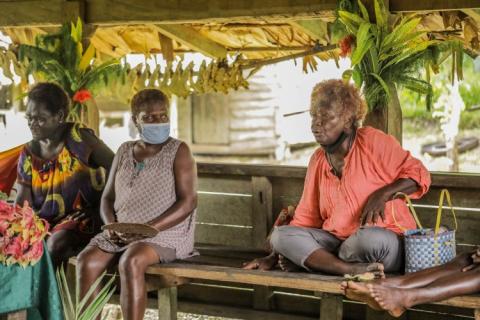UN Women supports conflict prevention and building peace and resilience with a focus on preventing violent extremism through women’s empowerment. During the five phases of the regional Prevention of Violent Extremism (PVE) programme called "Empowered Women, Peaceful Communities" (April 2017 - March 2022), approximately 5 million individuals have strengthened their understanding of the role women can play to prevent violent extremism and gender dynamics of this threat, particularly in Bangladesh, Indonesia, the Philippines, Thailand, regionally and globally. This was achieved through innovative communication tools as well as capacity development, awareness-raising and knowledge-sharing efforts. More than 6,000 women from over 200 communities in the four countries have strengthened their capacity to generate income as a result of the project’s economic empowerment initiatives. They have become agents of change in their communities and promote peace and social cohesion, thereby preventing radicalization and violent extremism. Since the outbreak of the COVID-19 pandemic, digital platforms and online spaces are being increasingly used to spread sexist, inaccurate, and dangerous rhetoric about women, inciting hatred and potentially provoking violence – online and offline. Through digital literacy training, 420 young leaders (408 women and 12 men, including indigenous peoples, transgender individuals, the urban poor and rural communities) in Bangladesh, the Philippines, and Thailand have strengthened their capacity to identify, protect against and report online hate speech, misinformation and disinformation, especially in the context of COVID-19. They also learned how to create and disseminate edutainment videos to promote gender equality and social cohesion through social media. At the regional level, UN Women is dedicated to consolidating the knowledge acquired through UN Women PVE programming to contribute to knowledge-building regionally and nationally. It also contributed to promoting good practice and lessons learned for PVE from a gender perspective through knowledge-sharing events among experts and stakeholders from South and Southeast Asia countries.
Read more:
The PVE programme webpage
“National Colloquium on Learnings from the Women Peace Café Initiative in Bangladesh”


